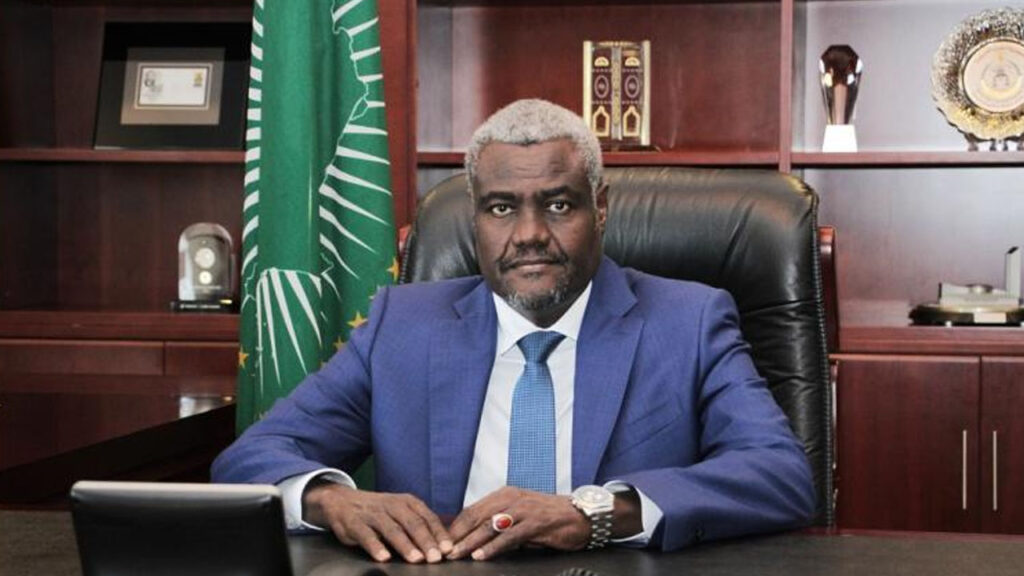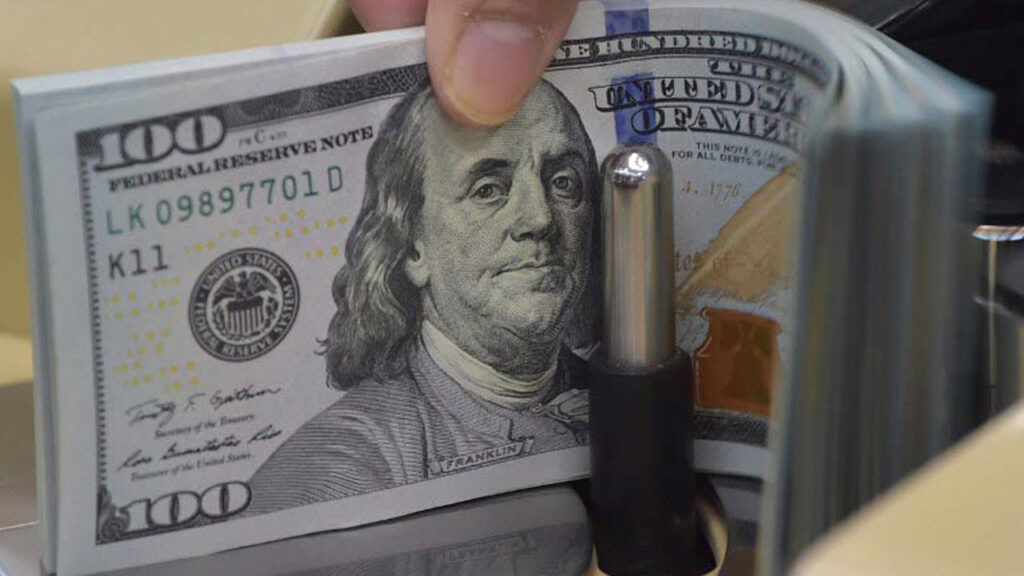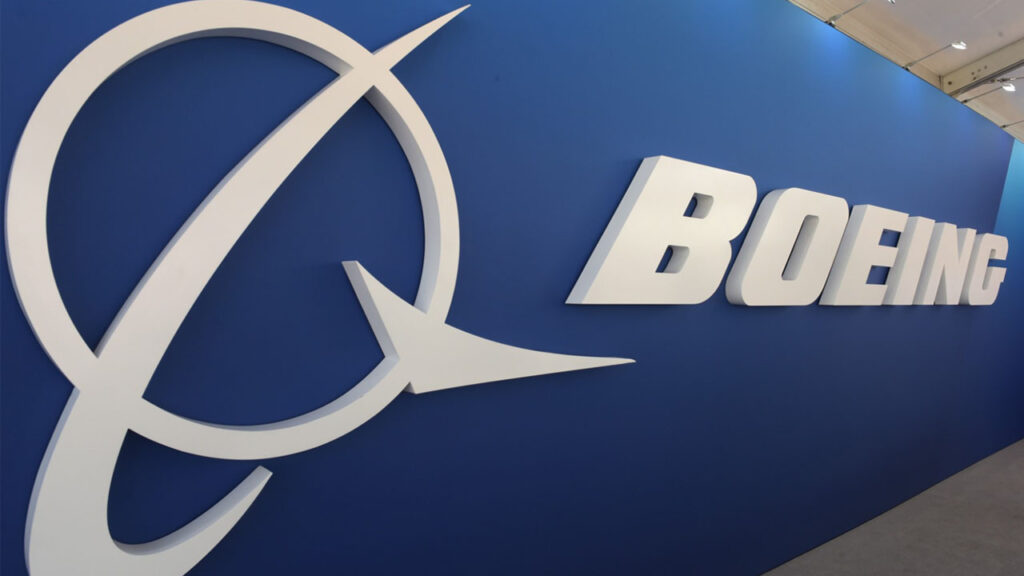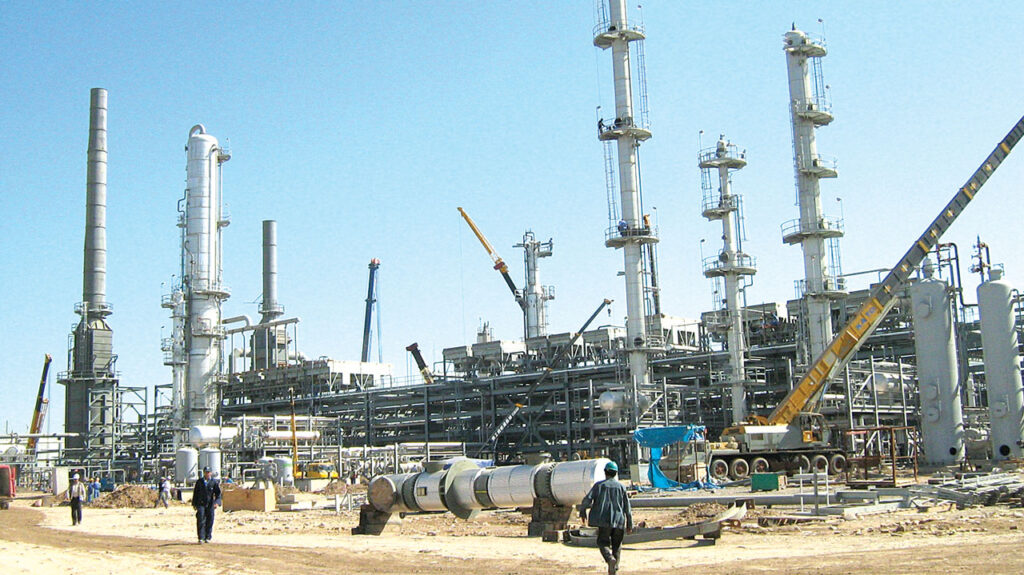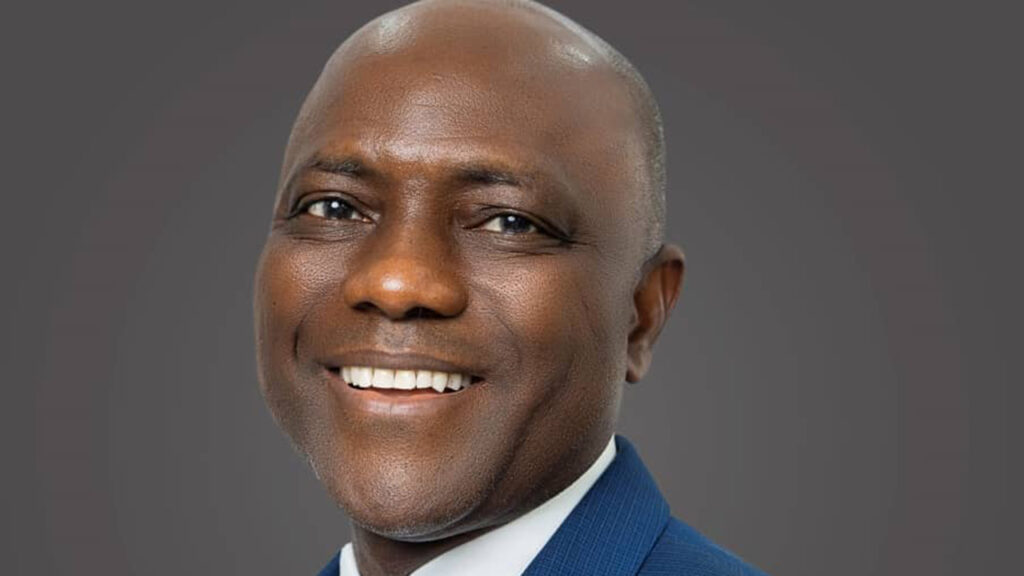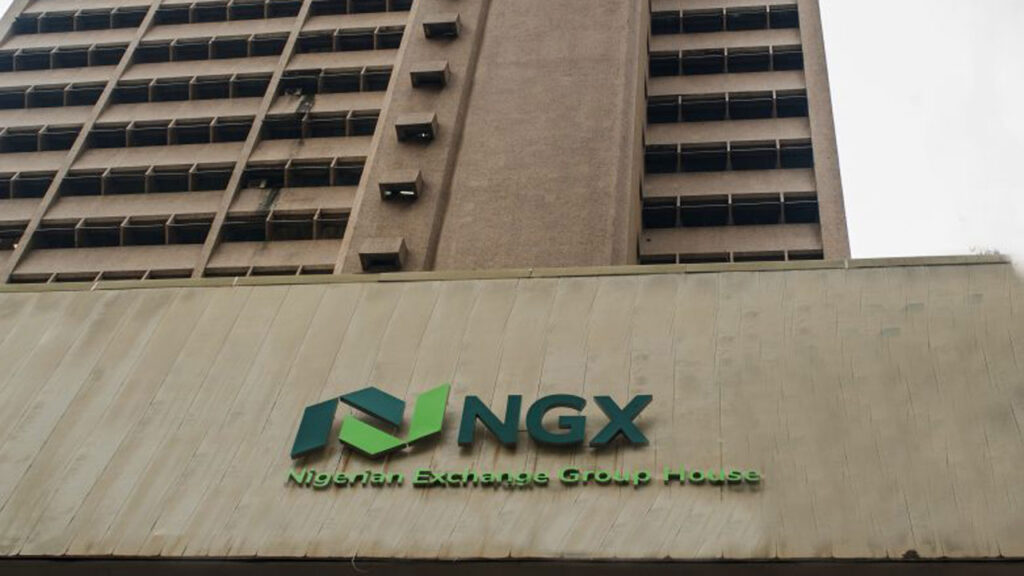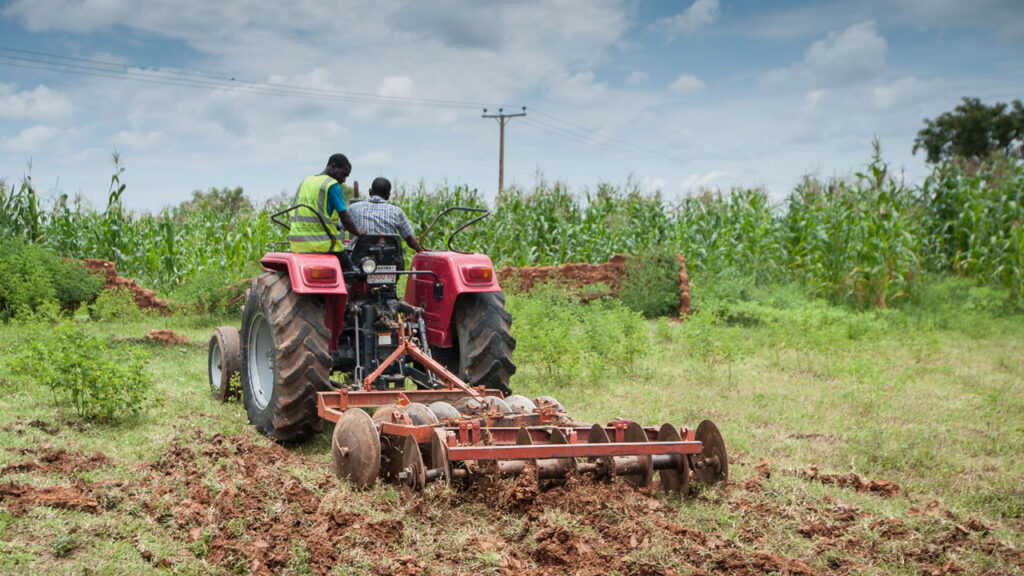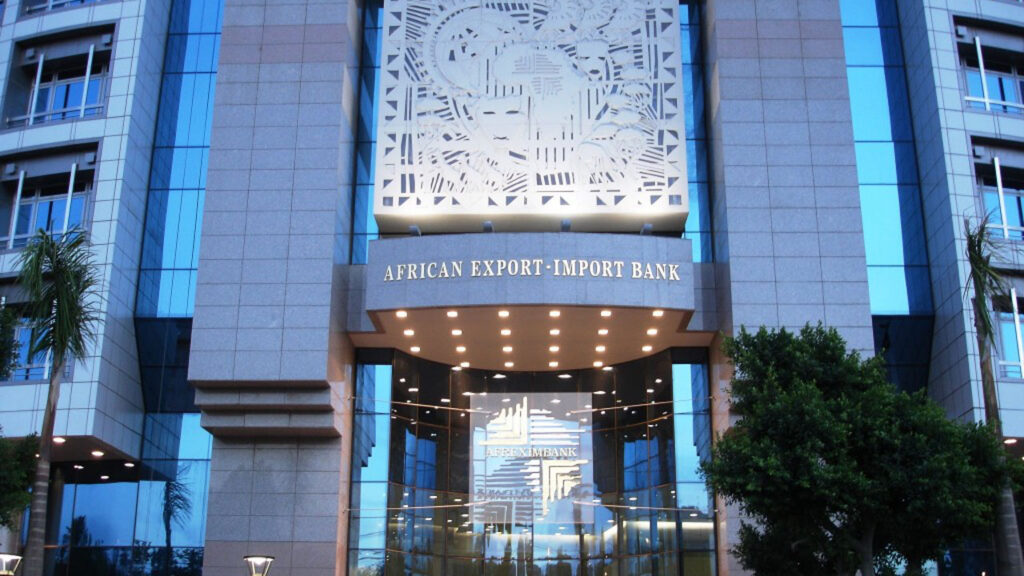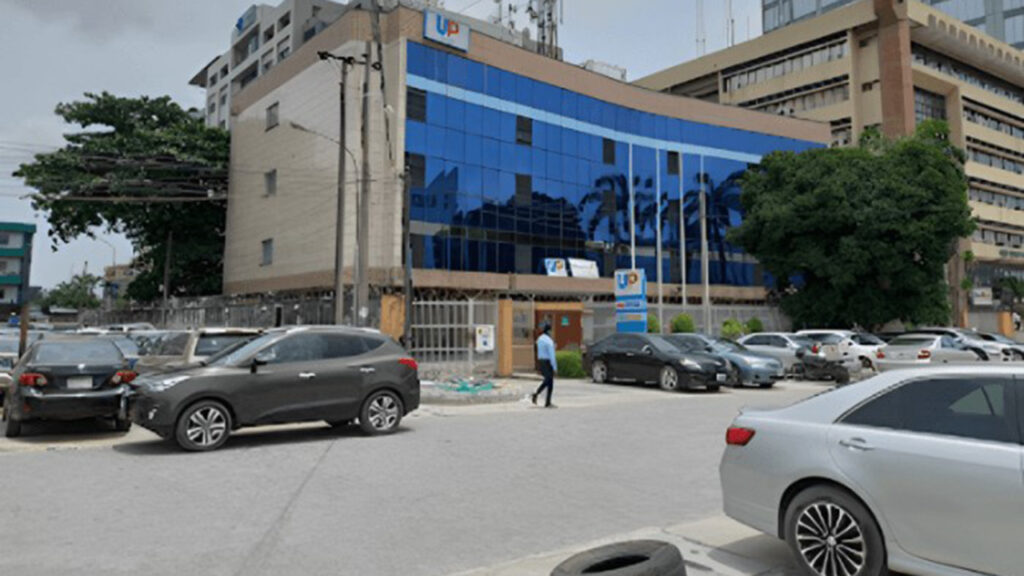
The African Union (AU) has urged Arabian countries to renew their investment and trade commitments across Africa.
Chairperson of the African Union Commission (AUC), Moussa Faki, made the call at the 33rd session Arab Summit held in Bahrain, which concluded last week. The summit, which gathered key stakeholders from various Arabian countries, stressed the need to strengthen economic ties between Africa and the Arab world.
In his address, Faki highlighted the significant role that Arab countries can play in advancing joint Arab-African initiatives and realising the mutual priorities and ambitions of both regions. He reiterated the historical context of the Africa-Arab partnership, which was first ratified in 1977, to serve as a framework for economic collaboration between both regions.
Currently, nine African states, including Egypt and Morocco, are part of the Arab League and Faki’s call for increased Arab investment comes at a time when Africa is seeking more economic opportunities to boost its development.
The Middle East and North Africa (MENA) regions are some of the wealthiest in the world regarding natural resources, holding over 60 percent of the world’s proven oil reserves. The report from the World Bank, also notes that oil accounts for about 85 per cent of the merchandise exports from the Arabian region.
The AU Chair acknowledged the efforts of various financial institutions, including the Islamic Development Bank, Arab African Development Bank and the Arab Finance and Development Funds, in supporting development across Africa over the last five decades. These collaborations, he said, have significantly contributed to the continent’s progress in various sectors. Despite these efforts, however, Faki pointed out that the current level of Arab investment in Africa does not fully reflect the potential and depth of the relationship between both regions. He stressed the need for Arab countries to enhance their economic investments in Africa to achieve more substantial and impactful development outcomes.
“I have repeatedly expressed Africa’s desire to revitalise this partnership for the good of the peoples and countries of both regions. I have always unequivocally stated that our partnership, in its current state, does not rise to the level of those historical relations and various dimensions. We are all required to have better cohesion to avoid imbalance and advance our partnership around our shared priorities in investment, infrastructure, economic integration, trade, environment, food sufficiency, modern technologies and to boost solidarity in international forums around our common issues and concerns,” he said.
Bahrain King, Hamad bin Isa Al Khalifa, who presided over the summit, read out the Bahrain Declaration approved by the League of Arab States at the summit. The declaration showed that Arab states pledged to strategic economic relations with Africa at the global level.
“Recognising the strategic importance of the Arab nation at the global level, its economic potential and human resources, and the need to create conditions for enhanced cooperation, building economic partnerships and achieving comprehensive development based on common interests and mutual benefits, to meet the aspirations of our Arab peoples and achieve growth and prosperity,” the declaration partly read.
Nigeria experienced a substantial decline of 62.4 per cent in foreign investments according to the Q3 2023 Capital Importation report by the National Bureau of Statistics (NBS), dropping from $643.3 million to $242.09 million, last year.

